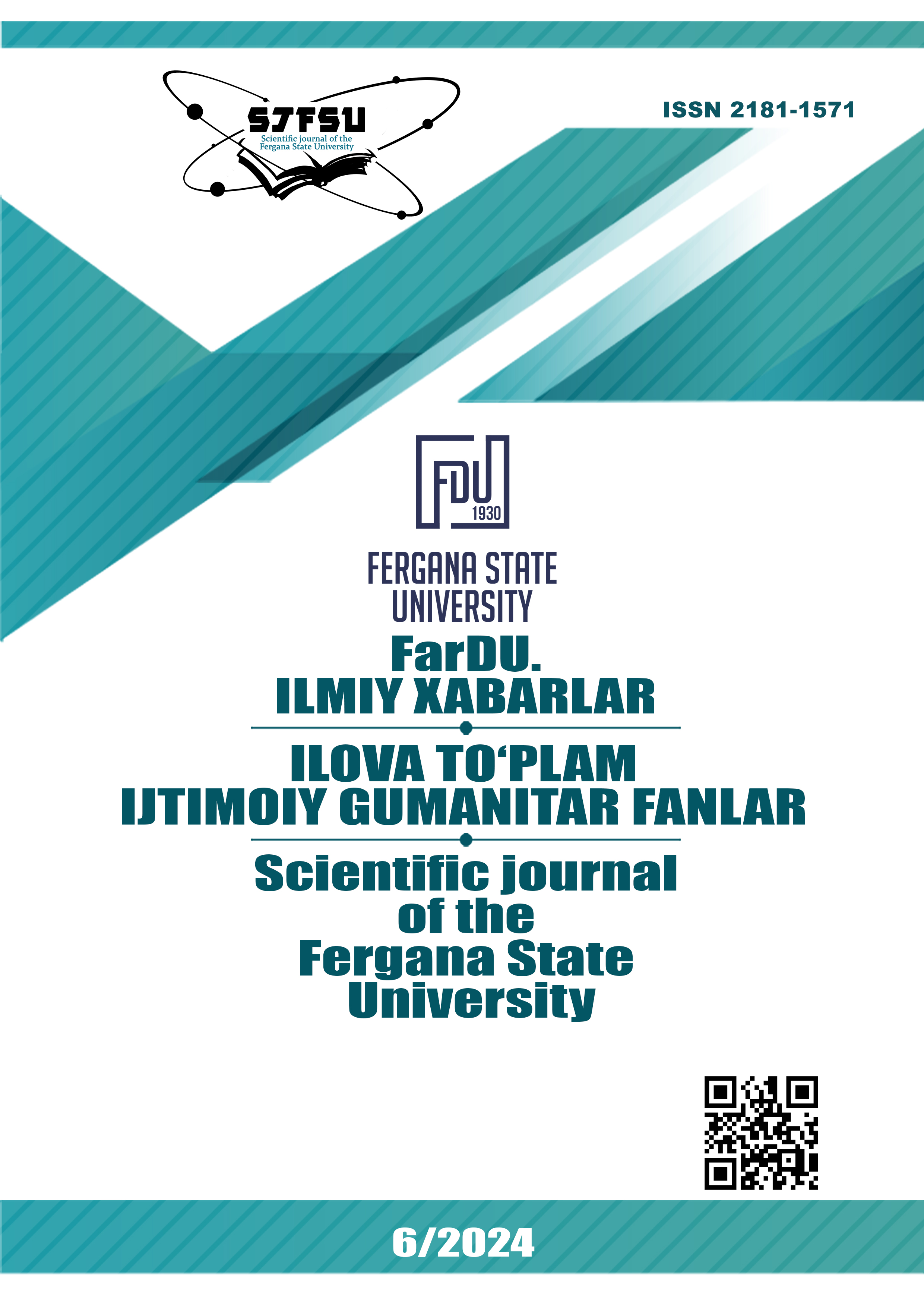THE GRAMMATICAL FEATURES OF SPEECH ACTS IN ENGLISH
Keywords:
speech acts, grammatical features, English linguistics, syntax, pragmatics, modal verbs.Abstract
This study examines the grammatical and pragmatic features of speech acts in English, exploring how linguistic structures shape their illocutionary force and perlocutionary effects. Grounded in speech act theory, which categorizes speech acts into locutionary, illocutionary, and perlocutionary dimensions, the research investigates the use of declarative, imperative, and interrogative sentences, as well as modal and performative verbs, in creating meaning and action. A qualitative methodology was employed, analyzing data from literary texts, conversational excerpts, and media. The findings reveal that indirect speech acts are a prominent feature in English, reflecting cultural norms of politeness and maintaining interpersonal harmony. Declarative sentences often encode assertives, commissives, and expressives, while imperatives dominate directives. Interrogatives frequently function as indirect requests, softened by modal verbs like could or would. The study highlights how cultural and pragmatic contexts influence the grammatical realization of speech acts. English speech acts emphasize indirectness and modal nuance, underscoring values such as autonomy, respect, and social rapport. This interplay between grammar and pragmatics offers insights into the adaptive nature of language and its role in facilitating effective communication. Future research could explore cross-linguistic comparisons and the impact of digital communication on speech act grammar.
References
Austin J.L. How to Do Things with Words. – Harvard University Press. 1962. –192 p.
Dabrowska M. Pragmatics of Performative Language. Routledge. – 2021. – 312 p.
Lin Y. & Chen X. The Grammar of Speech Acts. Routledge. – 2022. – 320 p.
Owen H. Cross-Cultural Communication: Language and Society. Oxford University Press. – 2022. – 350 p.
Searle J.R. Speech Acts: An Essay in the Philosophy of Language. Cambridge University Press. – 1969. – 203 p.
Tobbi A. Illocutionary Force in Cross-Cultural Contexts. Cambridge Scholars Publishing. – 2023. – 280 p.
Walker J. & Smythe, R. Politeness Strategies in Linguistics. Palgrave Macmillan. – 2021. – 275 p.
Zhang L., Wang H., & Liu Q. Pragmatic Functions of English Speech Acts in Communication. Springer. – 2023. – 320 p.
Downloads
Published
Issue
Section
License
Copyright (c) 2025 Scientific journal of the Fergana State University

This work is licensed under a Creative Commons Attribution-NonCommercial-NoDerivatives 4.0 International License.

